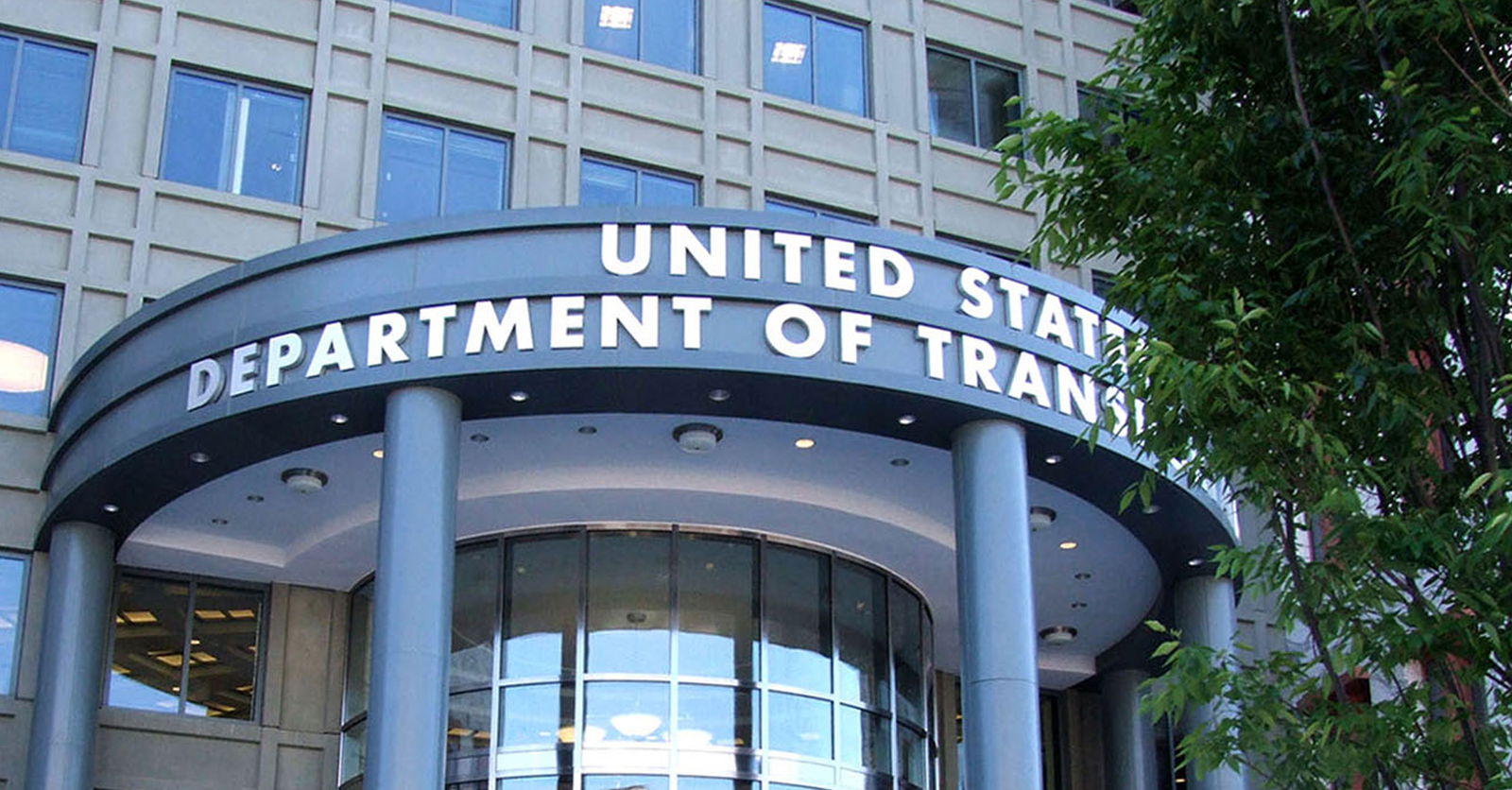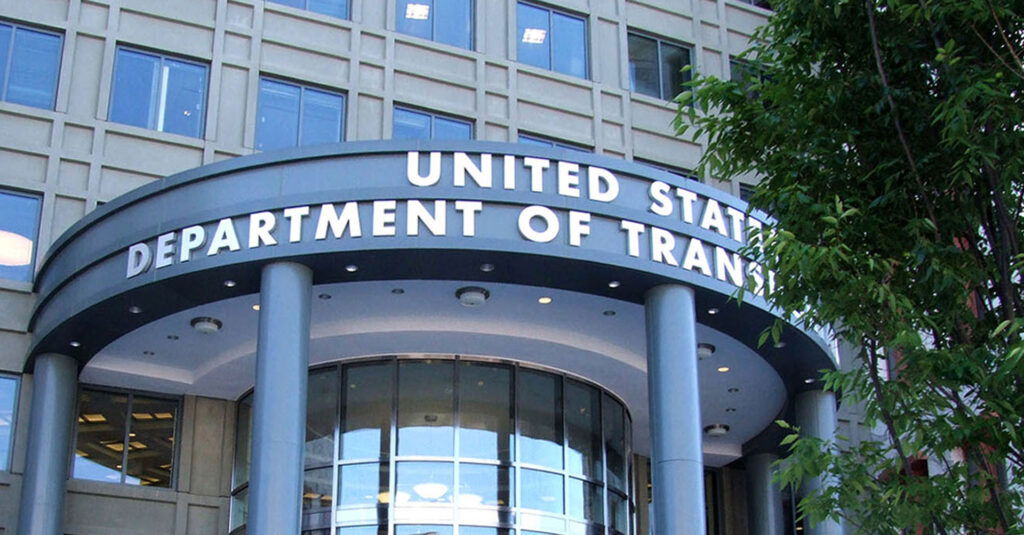
U.S. Congresswoman Kimberlyn King-Hinds is urging the U.S. Department of Transportation to reinstate Annex VI of the bilateral U.S.-China Air Transport Agreement.
In a letter last week, she asked USDOT Secretary Sean Duffy to lift the ongoing restrictions on international air service between China and the CNMI.
These restrictions, she said, conflict with the terms of the bilateral agreement, which explicitly exempted the CNMI from limitations on the number of flights coming to the Commonwealth from mainland China.
King-Hinds stressed the urgent need for federal action to support the CNMI’s economic recovery by restoring unrestricted international flights.
“The ongoing restrictions on air service between the CNMI and China violate the terms of the bilateral agreement, which explicitly exempted the CNMI from limitations on flight designations and frequencies,” she reiterated. “These unnecessary restrictions have placed severe strain on our already fragile economy, which remains far below pre-pandemic levels.”
She compared the CNMI’s economic challenges to those faced by rural communities in the U.S. mainland — limited transportation access, heavy reliance on a single industry, and vulnerability to external economic disruptions.
Before the Covid-19 pandemic, she said, international visitors accounted for 42% of the CNMI’s total economy, directly supporting one in four households. However, she added, tourism arrivals are now down 57%, leaving businesses struggling, workers without stable incomes, and the economy without the recovery it desperately needs.”
“The CNMI’s economy is singularly dependent on tourism, just as many rural American communities rely on agriculture or manufacturing. Yet, instead of supporting our recovery, current federal transportation policies are actively holding us back,” she said.
She noted that between 2015 and 2020, travelers from China comprised 40% of all annual arrivals to the CNMI. Since 2021, that number has plummeted to just 8%, forcing the CNMI to rely almost entirely on a single market — South Korea.
“The dangers of this overdependence were fully realized following the Jeju Air Flight 7C2216 crash on December 29, 2024, which triggered widespread cancellations and further destabilized the already fragile tourism sector,” King-Hinds said.
She said the U.S.-China Air Transport Agreement was negotiated with Annex VI specifically to ensure uninterrupted air service to the CNMI, particularly during economic downturns or external shocks.
However, the USDOT’s Part 213 Orders have undermined this agreement, disrupting air service and prolonging the CNMI’s economic struggles, she added.
“I urge Secretary Duffy and the DOT to restore compliance with Annex VI and reinstate unrestricted scheduled air service between China and the CNMI,” said King-Hinds in a statement. “This is about revitalizing tourism, getting money back into the system, and supporting the workers and businesses that are struggling to recover. The federal government made commitments to the CNMI through Annex VI, and now it must uphold them. The people of the Northern Marianas cannot afford unnecessary restrictions that continue to hold back our economy,” she added.
She further emphasized the risks of relying solely on one tourism market. “The CNMI’s dependence on a single market has made our economy even more vulnerable,” King-Hinds said. “When an incident like the Jeju Air crash disrupts travel from South Korea, our businesses and workers feel the impact immediately. Diversifying our tourism markets is critical, and reinstating Annex VI would allow us to do just that.”
The CNMI is also trying to boost the Japanese market, which was once the islands’ main source of tourists, but arrivals from the Asian nation remain low — totaling 1,886 in December 2024, including 793 cruise ship passengers and crew.











